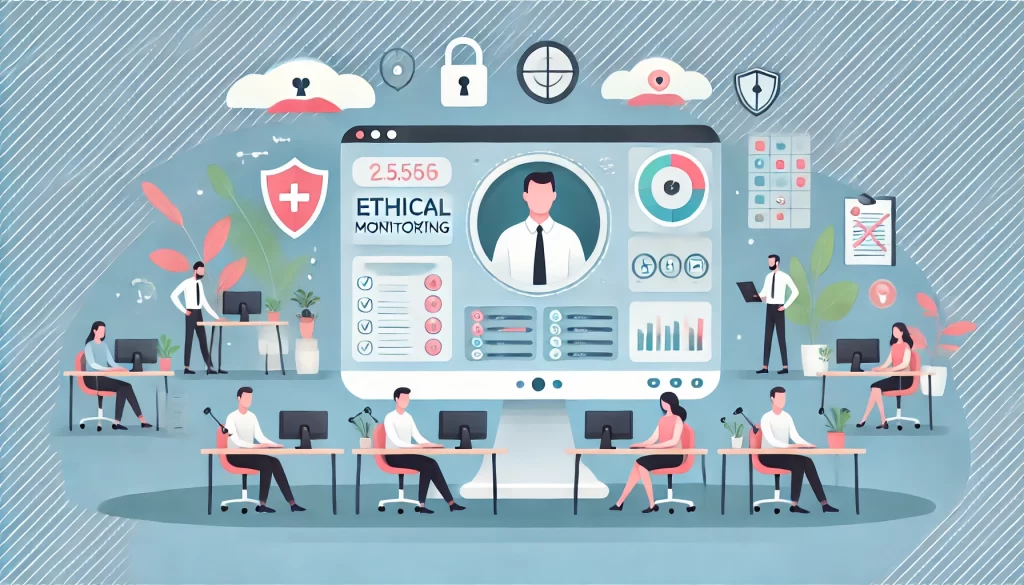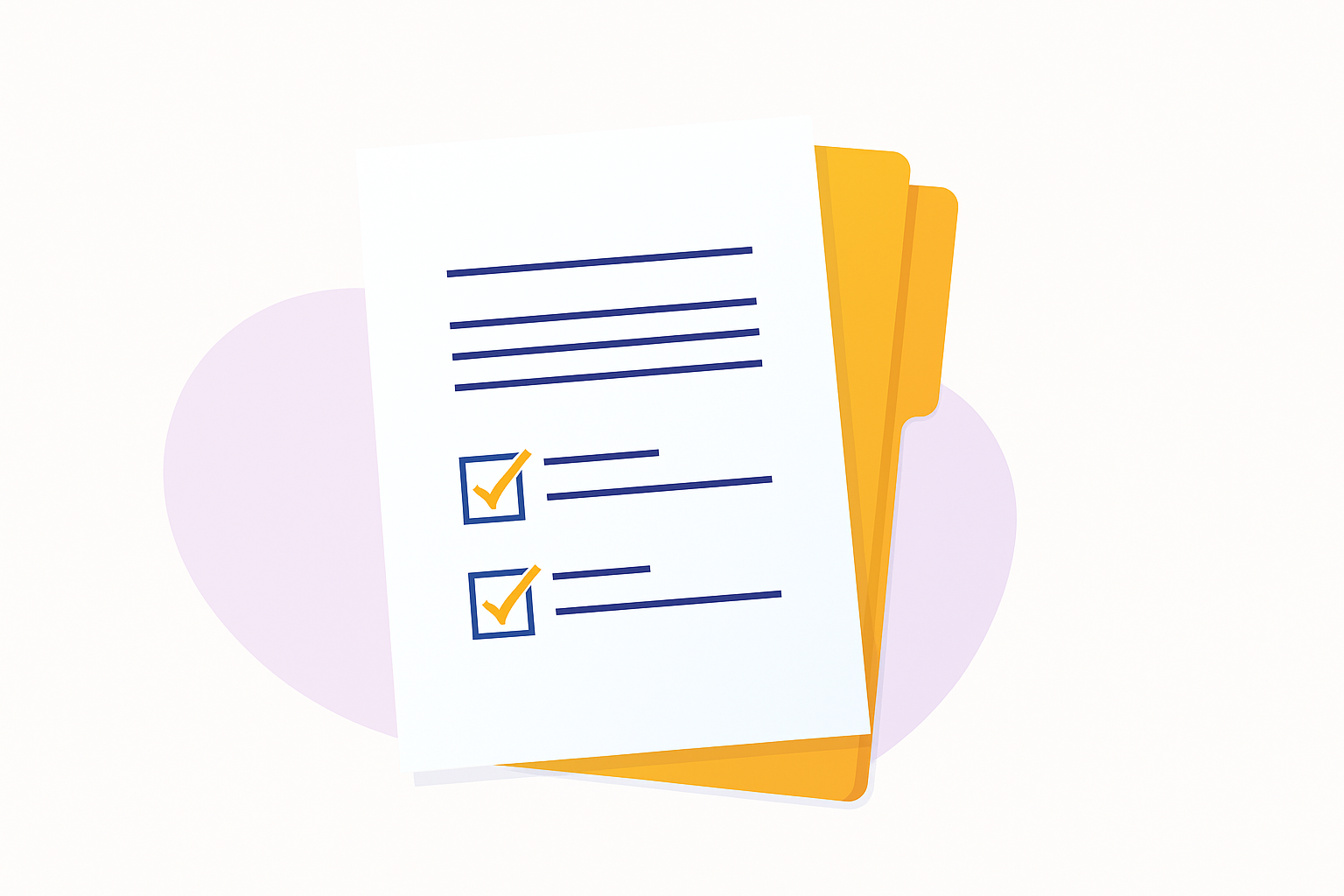As we all know, most companies have shifted to remote work. Businesses started using remote monitoring tools to monitor their employees after COVID-19. This is why it is high time we thought about the rules and regulations of employee monitoring. What can a company do to ensure high productivity while tracking employee attendance?
Monitoring solutions have proven useful for companies on many levels. Let’s examine what constitutes ethical and unethical monitoring.
Is it possible for a company to monitor its employees ethically?
Employee monitoring is ethical, but it requires careful consideration. Companies must safeguard the privacy of their employees. Employers should ensure that monitoring practices have a clear business purpose and are implemented ethically. Transparency is crucial; employees must be informed about what data is collected and how it will be used. Businesses should not monitor personal matters in an intrusive manner. Besides, private communications should remain off-limits.
Anyone would rather not work in this type of environment. Limiting monitoring to legitimate business needs ensures that business owners respect employees’ privacy.
Companies should provide proper room for the employees. This will make them feel safe while working for your company.
Employees deserve to know the extent of monitoring
Companies should have clear and written policies that explain what is monitored and why. Employees should acknowledge and consent to these policies. Surprise or secret monitoring erodes trust and morale. It is imperative to keep the data collected through monitoring secure. Other employees can’t access the data; only authorized personnel should be able to access it.
Companies need strong security measures to prevent data breaches. Data about employees should not be shared or sold without their consent. Employee monitoring is one of the biggest issues.
All employees at similar levels should be subject to the same scrutiny. Individuals should not be singled out for monitoring without good reason.
It shouldn’t be used to discriminate or retaliate against employees. Employers need to use monitoring data responsibly. Performance evaluations should not rely solely on automated metrics. Human judgment and context remain important.
Employees deserve the opportunity to explain monitoring results or challenge them. Furthermore, ethical monitoring respects employees’ dignity and autonomy and avoids excessive control or micromanagement.
As we should understand, employees need some freedom to work effectively. But you should know that you must avoid constant surveillance because it can create stress and reduce productivity. Companies should regularly review their monitoring practices.
They need to assess if the benefits outweigh the potential harms. Monitoring should adapt to changing technology and workplace norms. For example, you must utilize tools like Controlio to monitor your employees. Employee feedback can be valuable when it comes to monitoring practices. Monitoring can be justified in certain circumstances. It is common for businesses to track computer usage during working hours. It is more difficult to monitor personal social media accounts. Video surveillance of work areas may be necessary for safety.
Employers should consider less invasive alternatives to monitoring.
Clear performance expectations and regular feedback can be effective. Building a culture of trust may reduce the need for surveillance. Empowering your employees can bring better results for your company. Ethical monitoring aims to improve the workplace, not just catch wrongdoing. It can be used to identify training needs, improve processes, and ensure fair workload distribution.
However, according to some reports, monitoring can enhance safety and productivity. Legal compliance is a baseline for ethical monitoring. Companies must comply with local privacy laws. In that case, you should go for a reliable employee monitoring software like Controlio.
Global companies should also align their practices with local norms. Transparency about monitoring practices can lead to better employee behavior. However, this should not create a hostile work environment. Monitoring should be balanced to maintain a positive and respectful workplace. Ethical employee monitoring is possible. It requires clear purposes, transparent policies, and respect for privacy.
If done with the right intention, it can benefit both employers and employees. However, it demands ongoing attention to ethical concerns and changing norms.
Shahzad Ahmad Mirza is a web developer, entrepreneur, and trainer based in Lahore, Pakistan. He started his career in 2000 and founded his web development agency, Designs Valley, in 2012. Mirza also runs a YouTube channel, “Learn With Shahzad Ahmad Mirza,” where he shares his web programming and internet marketing expertise. He has trained over 50,000 students, many of whom have become successful digital marketers, programmers, and freelancers. He also created the GBOB (Guest Blog Posting Business) course, which teaches individuals how to make money online.




